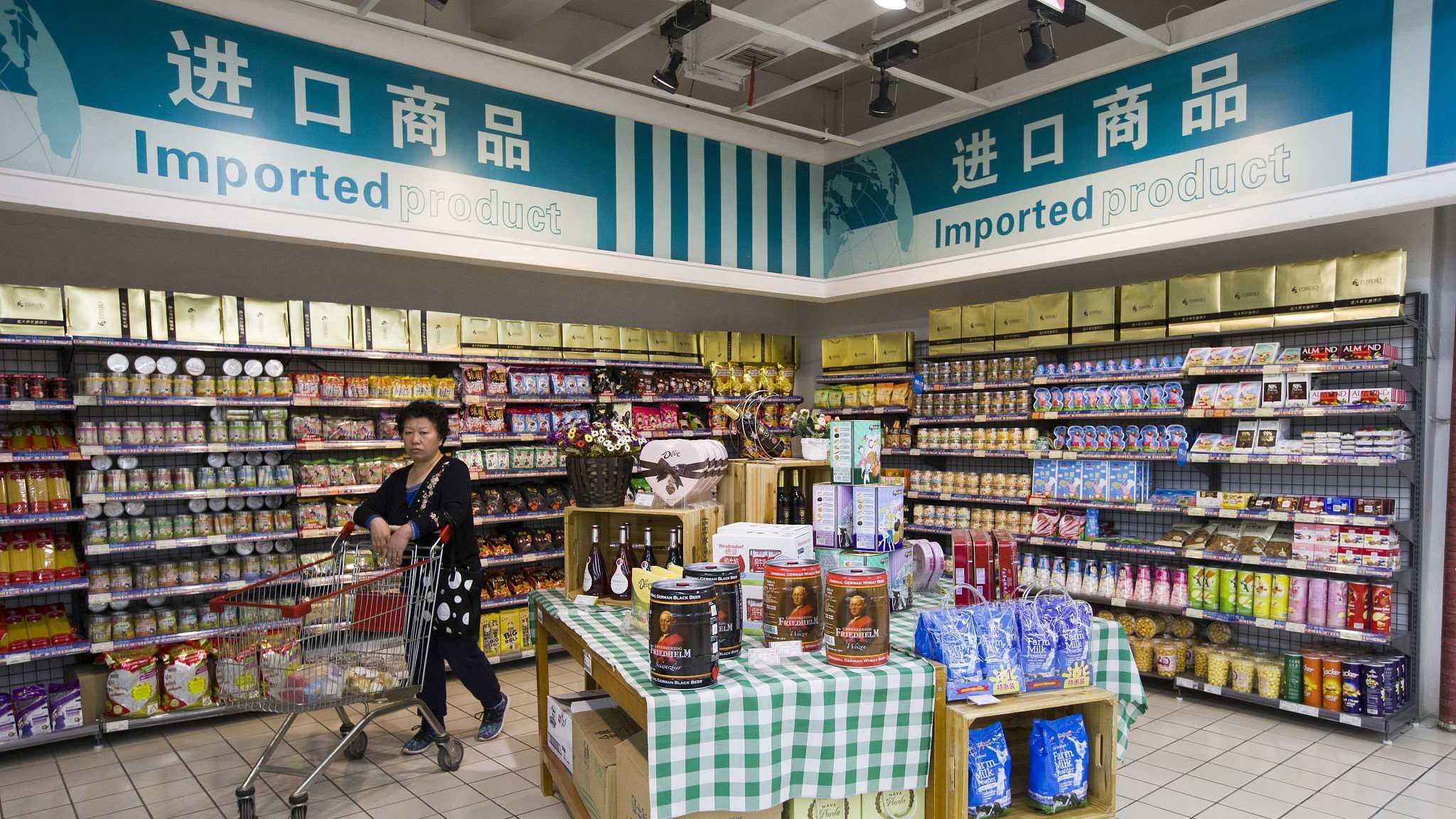
(Photo: CGTN)
KUNMING, Nov. 4 (Xinhua) -- Amid whispers that the German retail and wholesale giant Metro is seeking to sell its China business, Claude Sarrailh, CEO of Metro China replied, "Why would we?"
Claude made the remark at a sub-forum of the three-day China Retail Congress which concluded on Saturday in Kunming, capital of southwest China's Yunnan Province.
"We will not exit China. Instead, we are expanding B2C operation in the country rather than focusing on traditional B2B to better serve the Chinese customers," he said.
Actively embracing the vast market, Metro now runs 94 stores in 58 cities across China, with about 12,000 employees serving more than eight million customers. It reported a sales volume of over 20 billion yuan (2.9 billion U.S. dollars) in the 2016/17 financial year in China, about seven percent of its world's total.
"Metro is a top 10 in China's retail market and we are seeking local partners for further development," Claude said.
Besides Metro, world top retailers including Carrefour, Walmart, IKEA, Aeon and Decathlon also voiced confidence about their sprawling in the Chinese market during the forum, some eyeing digital transformation as a strategic revamp.
"Operating profit of Carrefour Greater China climbed about 1.8 times in the first half of 2018," said Thierry Garnier, executive director of Carrefour Asia.
Digital transformation is one of the keys behind the company's fast growth. Carrefour announced in January a preliminary strategic cooperation agreement with Chinese tech giant Tencent to improve its online visibility, increase the traffic of its offline and online retail activities and benefit from Tencent's advanced digital and technological expertise to develop new smart retail initiatives.
The French retailer opened its first tech-infused grocery store in May in Shanghai, "Carrefour Le Marche," a smart store that features digital innovations like facial recognition and self-checkout. WeChat Pay, a popular mobile payment function in China embedded in Tencent's WeChat app, is used for the whole purchasing process.
Carrefour is optimistic about the Chinese market and is expected to advance its digital transformation in the country. The company sees China as a place to test out new ideas. "Despite fierce competition, we are lucky to be involved. The experience here can be a reference for our development in other countries," Thierry said.
Innovation and vitality of the Chinese market are highly valued. "China is always full of opportunities for Walmart," said Wern-Yuen Tan, president and CEO of Walmart China.
Entering China in 1996, the U.S.-based world's largest retailer now has more than 400 stores in 180 cities across the country.
Considering rapid changes in China's retail market, Walmart must learn from it and work out tailored strategies. "From O2O and new forms of industry to mobile payment, China is a world leader in retailing where the customers are with the highest level of digitalization," said Tan.
Walmart partnered with JD.com in 2016, one of China's largest e-commerce companies, to form a strategic alliance to deliver better service through the combination of e-commerce and retail.
"In the past year, our colleagues from around the world visited China to learn more about the market. We also held our global team meeting in China last year," Tan said.
China tops the world in digital operation especially in digital retailing, the experience of which is worth learning for foreign companies, according to Zhu Jing, president of Aeon (China) Co., Ltd.


